Our mold inspection services ensure a thorough check for a safe environment.
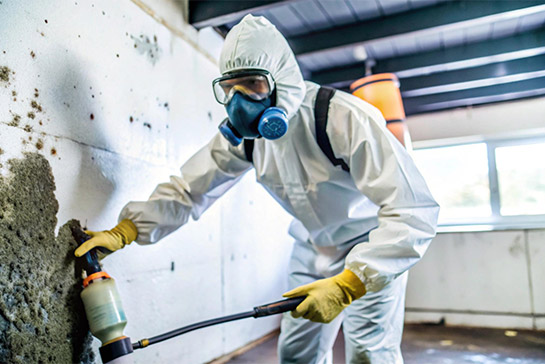
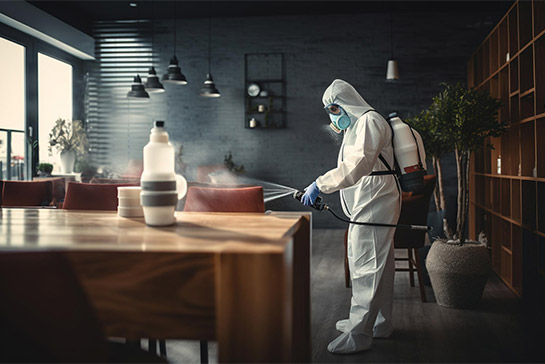
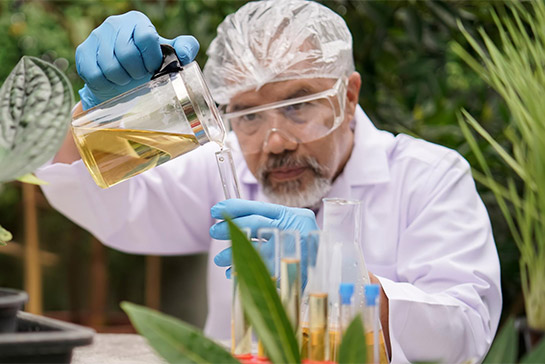
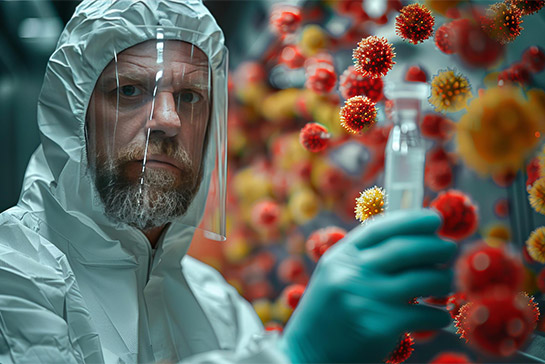


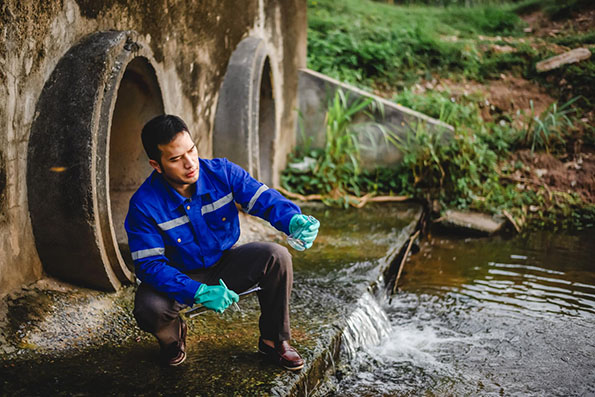
We evaluate the issue and identify the root cause to help you protect your health and safety.
Monday – Friday: 8:00 AM – 5:00 PM
Saturday: 10:00 AM – 2:00 PM
Sunday: Closed
©2025 Guardian Mold Consulting, LLC. All Rights Reserved. Design & Developed By Total Security Vision